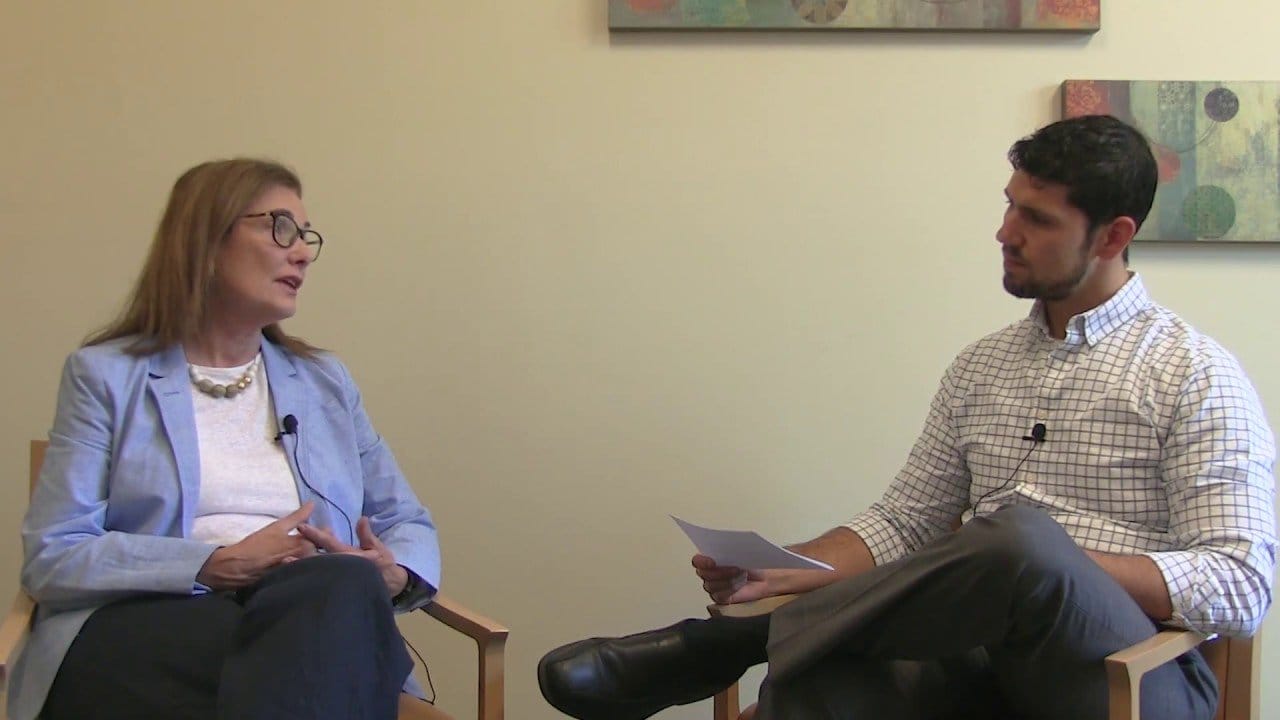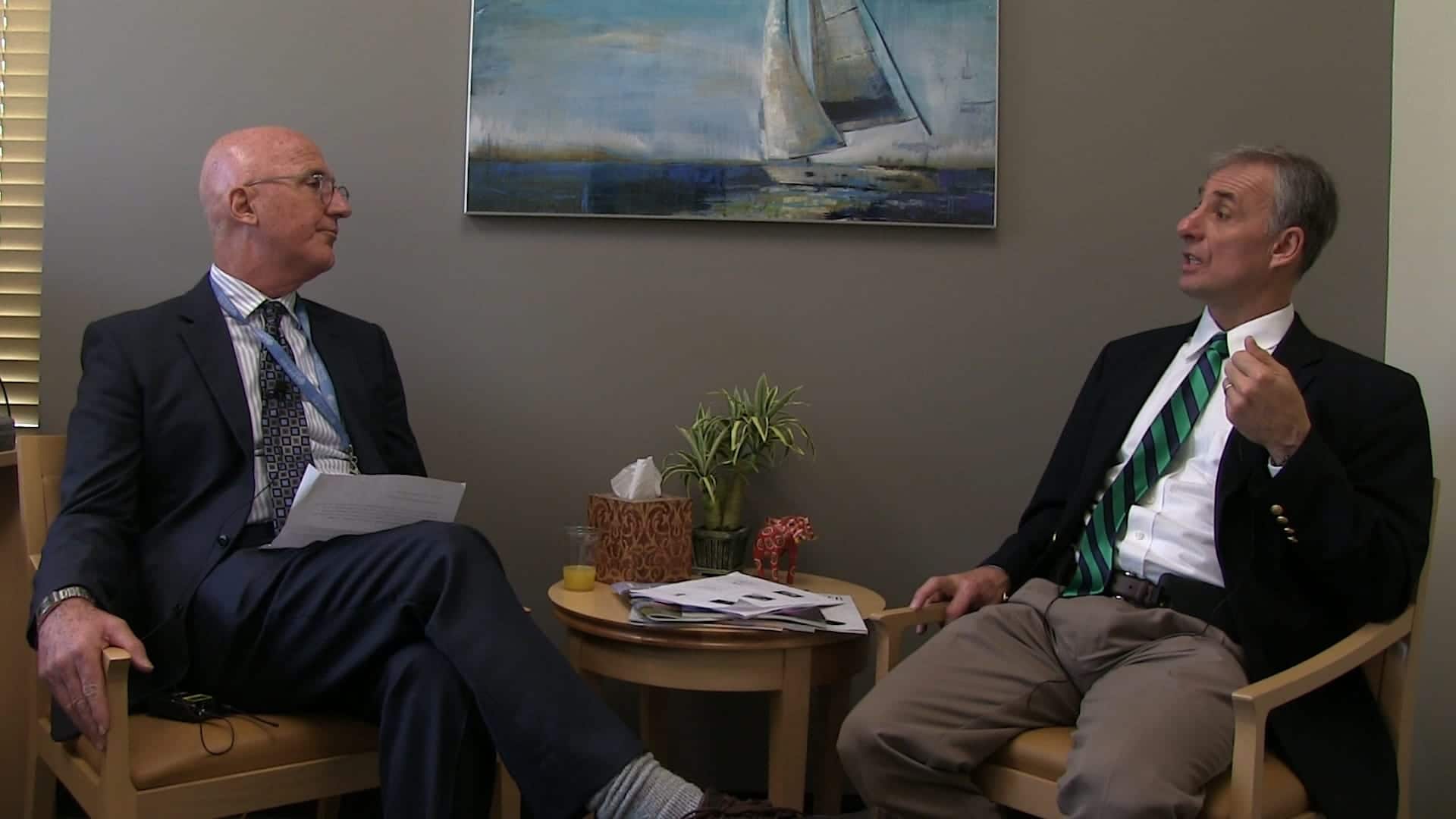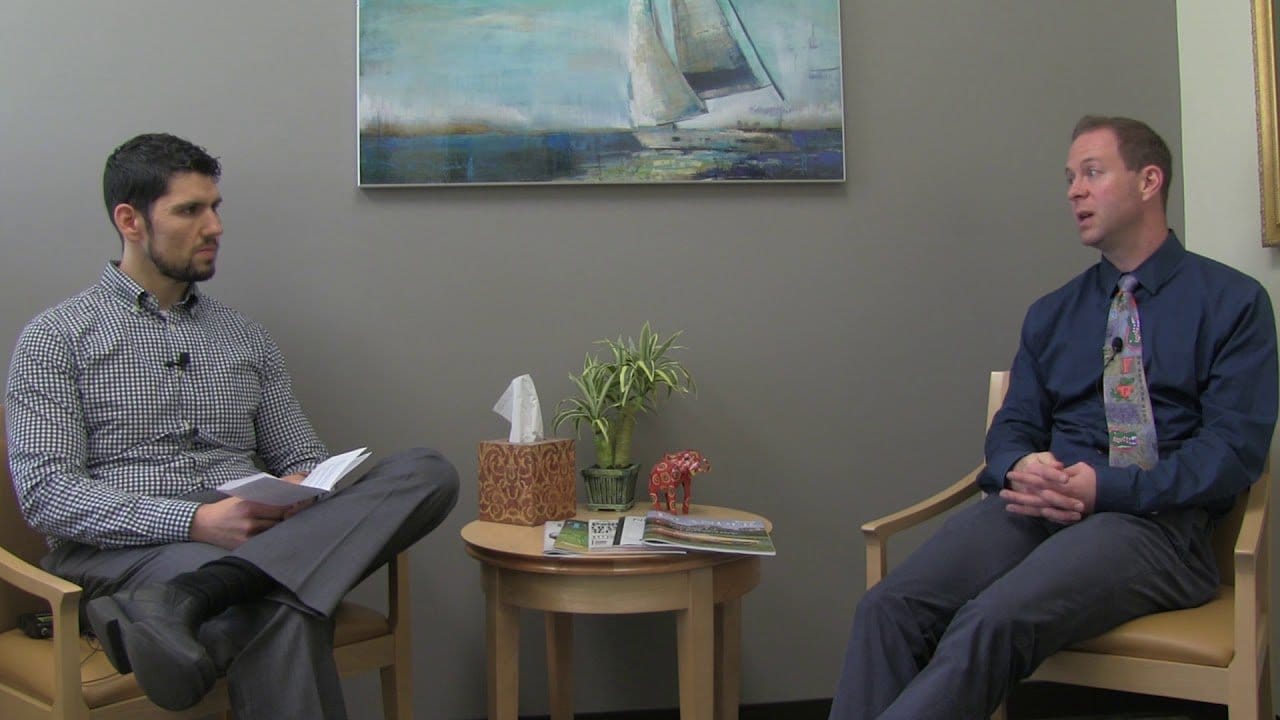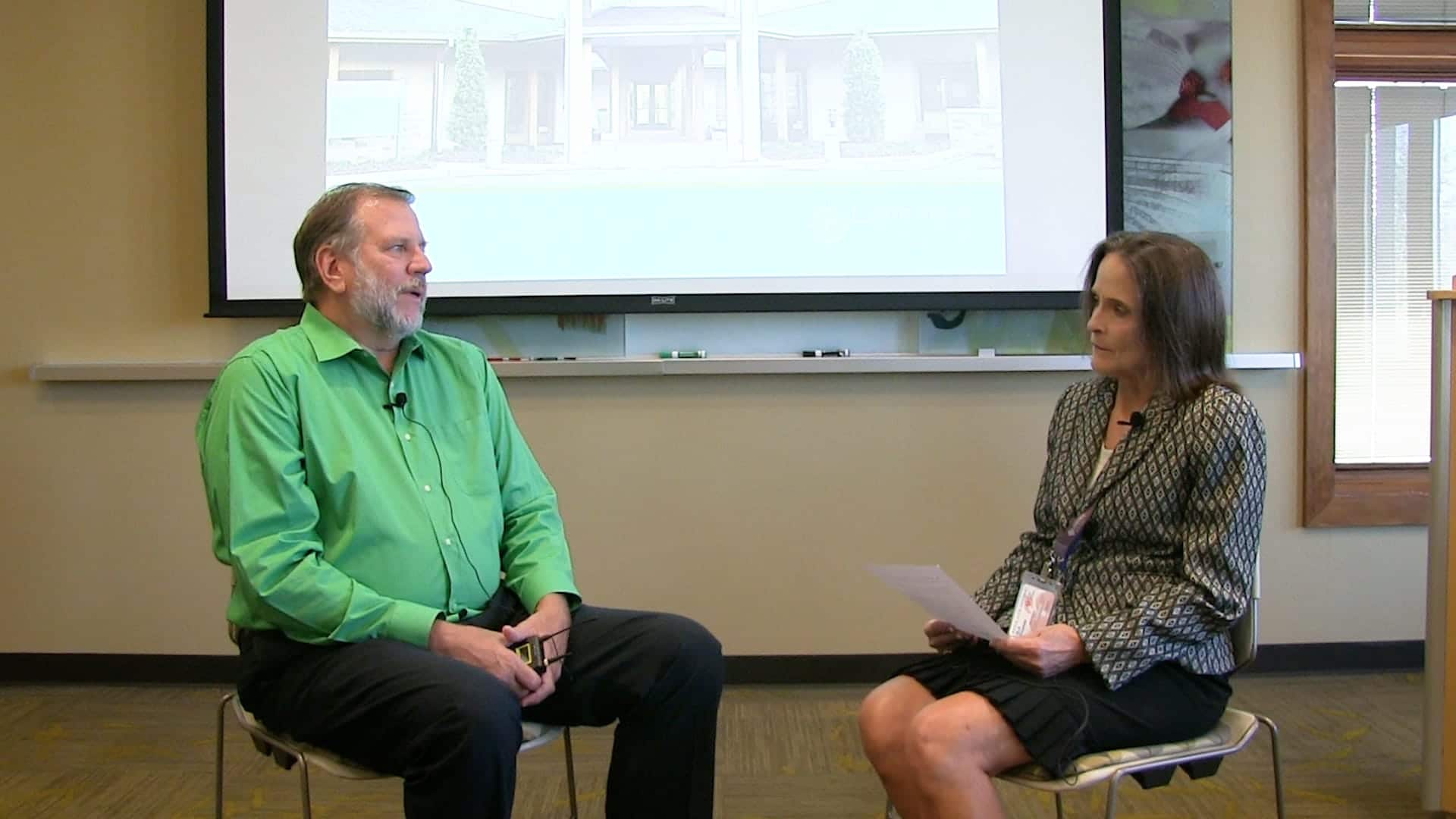In this podcast, Gina sits down with Paul from Cornerstone Facilities Network in New York to discuss two of their bi-lingual and legal tracks which their program offers; both very unique and extremely helpful when it comes to rehabilitation.
Podcast Transcript
Gina Thorne: Hi everyone, this is Gina Thorne, and welcome back to the Lakeview Podcast Series. I’m joined today with Paul Creary, who is the VP of strategy and business development for Cornerstone Facilities Network. They have two locations; one in Queens, NY, and one in Rhinebeck, NY. Welcome. Paul Creary: Good afternoon, thank you for having me. Gina: We’re really excited to talk with you about Cornerstone and its history. Obviously, it has over 25 years of establishment in the area in providing inpatient substance abuse services. Before we talk about the program specifically though, we’re interested in getting to know you a little bit, Paul. So tell us a little bit about your background. Paul: Sure. So I’ve actually been working with the area of substance abuse for a very long time. Many years ago, I actually started my own program out in Brooklyn and it actually started in a very strange manner; I had met a friend of mine who had gone to school with me and had a very brilliant career, which I thought would be in the NBA. I pulled up to a gas station to get some gas and he was there and he was actually coming over to my car to clean my windows. I didn’t really realize who it was; I just thought it was another one of those guys cleaning the windows, and when I got out to talk to him and say, “Listen, what’s going on?” and I looked at him and I said, “Lightfoot?!” and he was like, “Hey Paul. How ya doin’?” and I’m like, “I’m doing good, how are you?” We started talking about it and then basically what came out of it was that clearly he had gotten addicted and at that time, crack was the biggest drug going out there and he was addicted to crack and he pretty much lost everything; his whole career, his opportunities went down the drain, and here’s a guy who had everything in front of him and he was unfortunately out there cleaning car windows. So I pretty much went back and said I gotta do something, I’ve gotta give back to the community. I had graduated from college and I had all these dreams of other things I wanted to do but got involved with this project and I wrote to the state and I got some funding and opened up my very own program. At that time, I did a little bit of research and I found that there were very few programs that were dedicated, although Lightfoot was a guy, there were very few programs dedicated towards women, and the treatment of women, which have very different issues and concerns as opposed to guys. So I put together a program back then and it was located in Bushwick, and again, started it from nuts to soup, I hired everyone from the custodian to the psychiatrist on staff, had this old school building renovated, completely built the thing up, put in a GED program, put in computer programs, ESL programs, then I identified that many of the women were struggling with where they were going to put their kids throughout the time that they were coming to our program. So then I got with the Board of Ed[ucation], since I already had the ESL and all the other stuff and they put me on to someone who was starting head start programs in Bushwick. So what we did was we then collaborated with them and opened the head start program on the second floor of the building. Gina: So it sounds like you’ve been able to build a lot of collaboration with some of the work that you’ve done in this field. Paul: So that’s pretty much how I started in the industry and just continued to grow. Unfortunately, that was a small program, I got kids, and I had to pay bills, you know how that goes. So I had to move on. Gina: Well you’re working now with Cornerstone so what can you tell us about Cornerstone? Paul: Cornerstone, actually is probably the, we have what the state oasis calls, we are the largest provider of detox services in the state of New York. We have approximately 255 beds between the two locations. Basically we do detox as well as rehab services and as I said, we have 255 beds split over two locations; the main campus is located in Queens, about 10 blocks west of St. John’s University. It’s a 159 bed facility, so we have 53 beds in each of the three units that we have. Two of those units are dedicated to detox, so it’s 106 beds for detox and 53 beds for rehab. Gina: Are you guys full pretty regularly? Paul: The sad part is that we are at capacity just about every single day. Generally between 12 and 1 PM we actually have to shut down and we unfortunately have to turn people away because we don’t have the capacity and we can’t treat them. It’s a very, very sad situation. Gina: So you have these great locations and you also have some specialty programs; you have a women’s track, you have a very unique bi-lingual Spanish program, and then you also have a legal program. So what can you tell me about those? Paul: Well basically I’m going to tell you about two of those specific tracks that I think are very, very rich for us, and not rich financially, obviously. But what they bring is some unique treatment to the area and we’ll talk about the Spanish track first. There are very few Spanish tracks that are out there and obviously if you’re not able to understand what people are saying to you, you can’t get anything from the program. So if you think in Spanish, is the way we look at it, if you do all of your thinking in Spanish, then you belong in the Spanish track. So in our Spanish track, everyone from the counselor, the nurses, the doctors, they all speak Spanish fluently. So basically we have 20-25 beds that are dedicated to that Spanish population. It’s a very, very rich program and it’s full just about every day. Between the two facilities, we admit and discharge roughly 30-40 patients a day, so there’s tremendous volume going in and out of Cornerstone. Our other big thing is that we have the legal track, and the legal track is very huge for us again, as we work with many of the drug treatment courts. Alternative to incarceration is something we believe strongly in and we work very diligently with all of the drug courts. I know many of the judges by first name, and we get quite a bit of referrals, quite a lot of people are sent to us, some of them are mandated, some of them are not mandated, but we do get a considerable amount from them. To me, I think that it’s an appropriate program; we’re doing something, not only are we helping people to overcome their struggles and issues with drugs, but we’re also keeping people out of the jails, which is not the place to rehabilitate somebody. It’s not the best place to rehabilitate someone and it’s extremely costly. So our method again, is very cost effective and it saves the community money. Gina: Right, and in the long run you need to look at that. So you’re visiting with us here in Jacksonville for a few days. What’s your impression of Lakeview? Paul: I have to tell you, I am extremely impressed. From the minute I walked on to the campus, it’s extremely beautiful, it’s clean, all of the employees are extremely intelligent, diligent, friendly, all of the things that you would look for when you get to a program. I have to also say that I’ve seen some of the clients and they all seem to be extremely engaged, which is a good thing. Not one single person, I mean, I’m walking through the building and they see me clearly, they know that I don’t belong here, and yet, not one person had anything negative to say. Like sometimes, when someone may walk over and say, “Oh, you don’t want to come here.” But it’s not like that at all. Everyone is very, very kind and again, they’re engaged, and they’re getting treatment. And I have to say, some of the things that you guys have here, your gym, amazing! Gina: Yeah, we are proud of that. Paul: It is something to be proud of. I personally believe in working out. I go to the gym every day and to come in here and see a facility that has such an extensive gym, and with the programs that you offer, with the wellness that ties into it, the nutrition, it’s just an amazing thing. It’s not only getting someone clean, but you’re teaching them things that they need when they walk out of the doors at Lakeview. Gina: Good coping skills. Well we’re really glad that you had the chance to visit with us and to learn more about our program. We’d love for people to access treatment at Cornerstone so if they needed to reach out to you, how would they do that? Paul: We have the website that they can look at, which is www.cornerstoneny.com and they can also make phone calls to the facility and the 800 number is 800-266-4410 and if they wanted to speak with an admitting person, they can actually press zero for the operator and they’d be able to, at that point, speak with someone from the facility and we can schedule anything. Cornerstone also has, just to give you a quick idea; we have a fleet of 12 vehicles so if someone needed to be picked up at location, we’d be able to do that. All of our vehicles are non-medical transportation, but they are GPS enabled so we can give you an ETA and say our driver can be at your location within a half hour. Gina: That’s great service. That’s fantastic. Well thank you Paul, for coming by, and for those of you that are interested in learning more about Lakeview, we invite you to visit us online at Lakeviewhealth.com and if you’re interested in accessing treatment or if you know someone that needs treatment, please call us at 866-460-8416.




